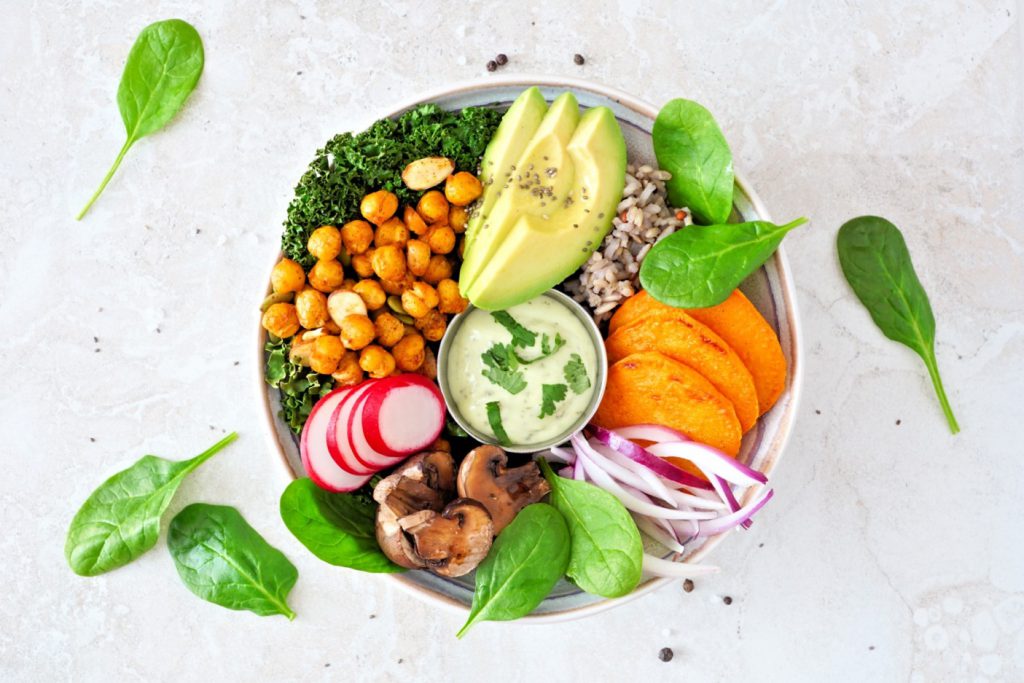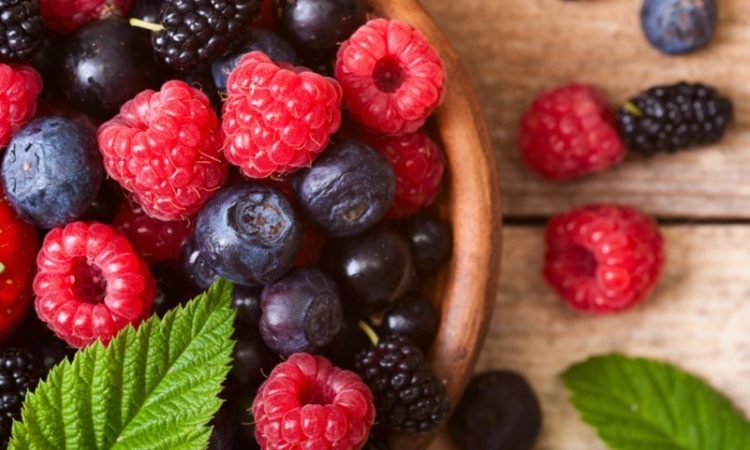Hollenbeck Palms
The benefits of a plant-based diet for seniors

Has your doctor recently inquired about your eating habits?
If incorporating fruits and vegetables into your diet was part of the conversation, then you might want to know a bit about the benefits of a plant-based diet.
For starters, it will improve your heart health, help control blood sugar levels and support overall general health.
Switching to a plant-based diet, and staying away from meat, can also help prevent or even reverse or slow some illnesses. People with diabetes, high blood pressure and heart disease can all benefit from a cleaner diet.
Here are some of the benefits associated with eating a plant-based diet and the positive changes it could have on your overall health.
How seniors can benefit from a new diet
A plant-based diet can work wonders. Within weeks, adopters of a green diet may begin to notice some differences, including:
- Weight loss. As you cut out unhealthy foods and substitute in healthier, plant-based alternatives, the pounds will begin to melt away. This is especially true if you make the time for a light workout five times a week. Your body will love the drop in cholesterol, sugar and fat and thrive on the abundance of proteins, vitamins and fiber.
- Increased energy. A cleaner diet that includes leafy greens, seeds and beans will be transformational. You’ll feel extra rested and ready to tackle whatever comes your way.
- Better sleep. A healthier diet will also help you count less sheep and get more rest. Bananas, kale and other similar foods are packed with tryptophan, Vitamin B6 and magnesium. Combined, they will increase your melatonin level so you can enjoy a better night’s sleep.
- Stronger heart. Your new diet will also promote good heart health. According to the American Heart Association, diets packed with leafy foods and other plant-based selections are linked to improved heart health. Simply by eating more monounsaturated fatty acids, instead of saturated fats, you can expect to decrease the risk for serious heart disease.
Plant-diet basics
If you’re not sure how to embrace a new way of living, here is a quick overview of the foods you can introduce into your everyday diet. The following guidance will work for those just looking to increase servings of certain foods. It will also benefit individuals in need of a complete diet overhaul.
Foods to add:
- Vegetables. Plenty of them. Try increasing your in-take of leafy greens, broccoli, carrots, asparagus and other delicious foods in this category.
- Root vegetables. We are talking potatoes, yams, beets, sweet potatoes. These denser treats are packed with nutrients and fibers.
- Whole grains. Look for stuff like whole wheat, brown rice, oats and buckwheat.
- Fruits. Apples, strawberries, citrus, bananas, grapes and avocados are all great choices and they’re absolutely delicious.
How to start
It is an easy decision to make the switch. Your health comes first. And the good news is that starting a new way of eating is achievable.
Remember, going full vegan is not the only way to reap the health benefits of an improved diet. The key is to improve. When you work toward creating a more balanced diet, you can take major steps forward.
When you focus on eating vegetables, whole grains and some of the other foods listed above, then you are giving your body reasons to feel — and look — better with every bite.
A simple web search, or guidance from the American Heart Association, will lead you to the resources you need to successfully embrace a healthier and more balanced diet. A new diet is also an opportunity to try new foods and find your next favorite dish. Finally, it is never too late to make positive changes about your diet and lifestyle choices.
At Hollenbeck Palms, we offer a wide variety of food ingredients that results in a delicious plethora of cuisine options. We take pride in offering our residents the quality dining they deserve.


